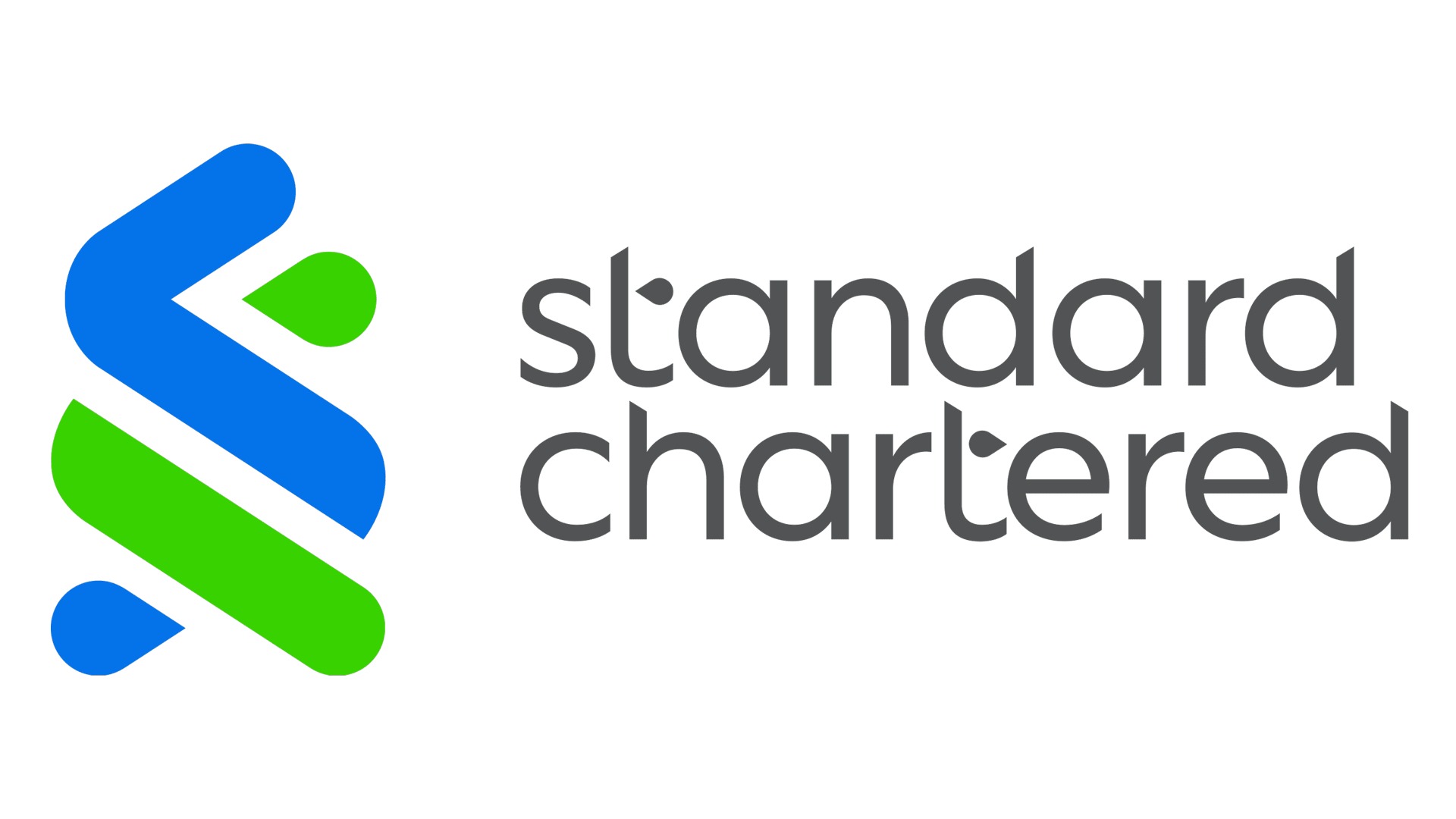The chief executive of Dutch multinational bank ING has said that government intervention is key to driving sustainability across industries in Europe.
Speaking at Money 2020 in Amsterdam on Tuesday, chief executive Steven van Rijswijk told the audience that companies must be given guidance from governments, while individuals must have clear incentives to move towards sustainable practices.
Talking about sustainable measures, such as moving away from coal to hydrogen in sectors such as steel, he called on industries to "move at the same time", with price being set at market level.
“Government intervention is needed so these industries can move at the same time,” he told attendees.
When the ING boss was asked what he wants to see from governments in Europe, van Rijswijk said that they need to provide incentives, subsidies or CO2 trading opportunities.
He told guests that if the EU was to drive this, it would make it “easier for banks to finance” sustainable companies, as the business case would become clearer.
The comments come after analysis published by non-profit Reclaim Finance in April suggested that none of the 20 biggest UK and European banks has a credible transition plan to align its business with a 1.5°C trajectory.
The research found that banks scored an average of just 41 out of 100 when measured across five themes including decarbonisation strategy, engagement and governance. Almost all of the banks assessed scored less than 50 out of 100.
ING was one of only two banks in the ranking that scored over 50 points.
At Money 2020, the bank's chief exec also spoke about progress with the EU’s Clean Industrial Deal, which aims to outline concrete actions to turn decarbonisation into a driver of growth for European industries.
This includes lowering energy prices, creating quality jobs and the "right conditions for companies to thrive."
van Rijswijk went on to say that sustainability is "at the heard of ING's business", not only because it is "the right thing to do", but also due to there being a significant business case.
He also pointed out that when it comes to buying greener homes, while many individuals want to make sustainable choices, they are more focused on their economic welfare.
"We need to make it economically viable to make homes more sustainable," said van Rijswijk, adding that certain financing schemes may help people buy more environmentally-friendly homes.
The chief executive's comments come at a time of increasing tension between climate initiatives and political pressures, particularly in the US.
The US has seen a growing backlash against financial institutions engaging in environmentalist capitalism. This resistance was underscored by the withdrawal of America’s five largest banks—JP Morgan, Morgan Stanley, Citigroup, Bank of America, and Goldman Sachs—from Mark Carney’s Glasgow Financial Alliance for Net Zero (Gfanz) earlier this year.
The was group launched to encourage banks to commit to clean energy investments and reduce reliance on fossil fuels.
Money 2020 is taking place on 3-5 June in Amsterdam.
Latest News
-
Gemini to cut quarter of workforce and exit UK, EU and Australia as crypto slump forces retrenchment
-
Bank ABC’s mobile-only ila bank migrates to core banking platform
-
Visa launches platform to accelerate small business growth in US
-
NatWest to expand Accelerator programme to 50,000 members in 2026
-
BBVA joins European stablecoin coalition
-
eToro partners with Amundi to launch equity portfolio with exposure to ‘megatrends’
Creating value together: Strategic partnerships in the age of GCCs
As Global Capability Centres reshape the financial services landscape, one question stands out: how do leading banks balance in-house innovation with strategic partnerships to drive real transformation?
Data trust in the AI era: Building customer confidence through responsible banking
In the second episode of FStech’s three-part video podcast series sponsored by HCLTech, Sudip Lahiri, Executive Vice President & Head of Financial Services for Europe & UKI at HCLTech examines the critical relationship between data trust, transparency, and responsible AI implementation in financial services.
Banking's GenAI evolution: Beyond the hype, building the future
In the first episode of a three-part video podcast series sponsored by HCLTech, Sudip Lahiri, Executive Vice President & Head of Financial Services for Europe & UKI at HCLTech explores how financial institutions can navigate the transformative potential of Generative AI while building lasting foundations for innovation.
Beyond compliance: Building unshakeable operational resilience in financial services
In today's rapidly evolving financial landscape, operational resilience has become a critical focus for institutions worldwide. As regulatory requirements grow more complex and cyber threats, particularly ransomware, become increasingly sophisticated, financial services providers must adapt and strengthen their defences. The intersection of compliance, technology, and security presents both challenges and opportunities.
© 2019 Perspective Publishing Privacy & Cookies



.jpg)










Recent Stories